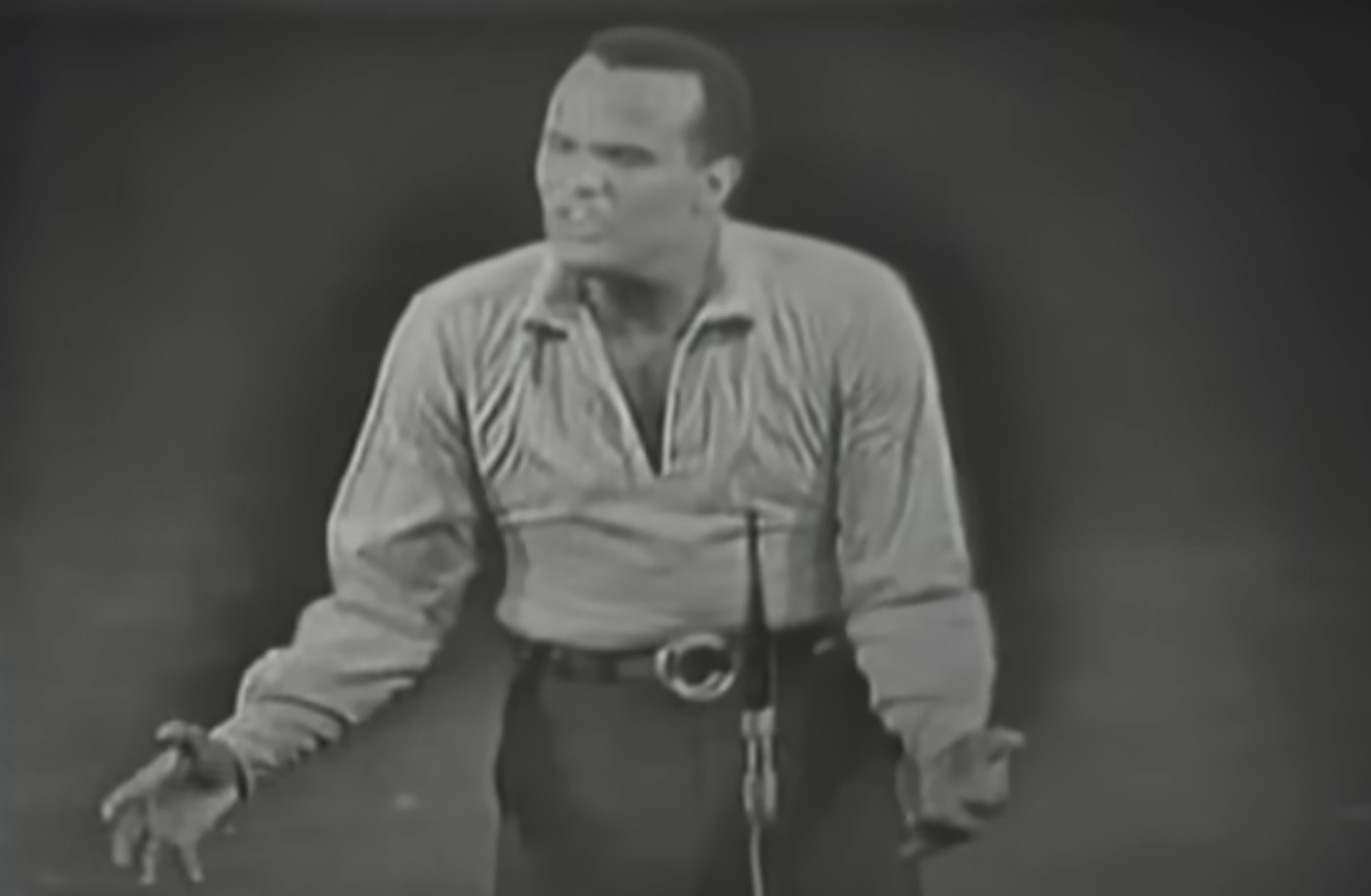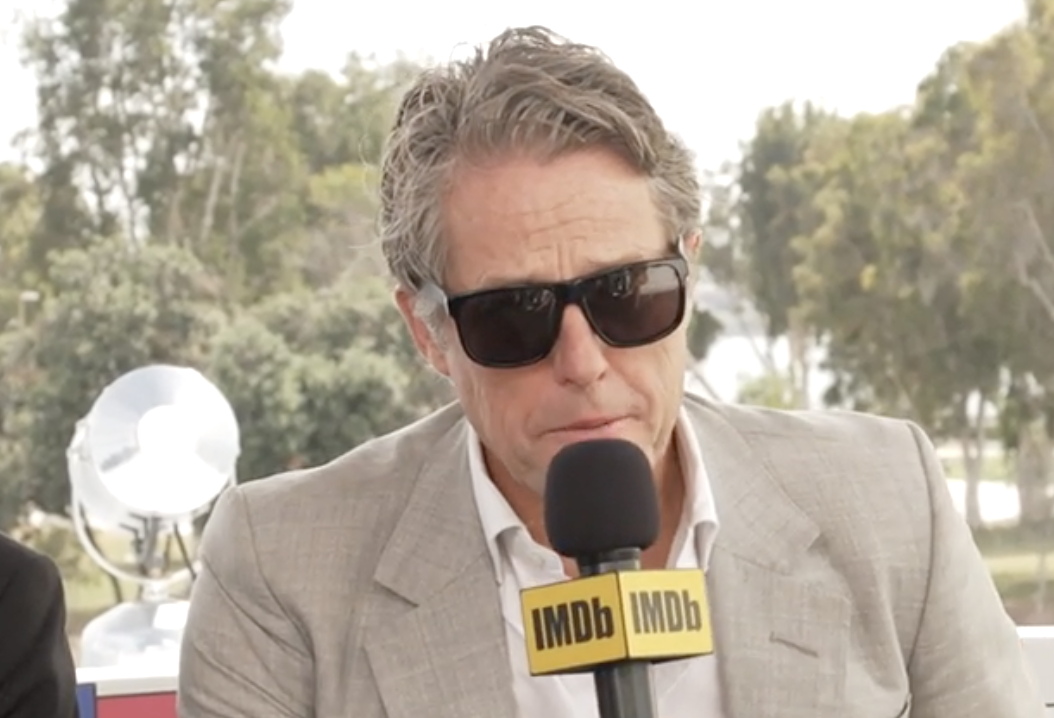Trailblazer Harry Belafonte Passes Away at 96
Meta Tags: Harry Belafonte, human rights activist, EGOT holder, calypso music, Day-O, The Banana Boat Song, racial barriers, Martin Luther King Jr., Nelson Mandela
Harry Belafonte, the singer, actor, and human rights activist who paved the way for future generations, passed away at the age of 96 due to congestive heart failure. Belafonte, an EGOT holder with Emmy, Grammy, Oscar, and Tony awards under his belt, passed away at his residence in New York.
Belafonte was known for his elegance, sophistication, and magnetism on stage. In the 1950s, his calypso music recordings, including his famous rendition of the Jamaican folk song "Day-O" (The Banana Boat Song), skyrocketed him to fame. His undeniable charm transcended racial boundaries during a time when the United States was still heavily segregated.
The Banana Boat
The Story Behind Harry Belafonte's Iconic "The Banana Boat Song
- Related article -
Born in Harlem, Belafonte had Caribbean roots, with a Jamaican mother and a father from the island of Martinique. He spent time in Jamaica during his youth, absorbing the culture that would later influence his music.
Belafonte explained in a 2011 interview that his rendition of "The Banana Boat Song" was inspired by the street vendors he heard singing while growing up. The song, which tells the story of underpaid workers demanding fair compensation, became a massive hit. In 1956, his album "Calypso" topped the Billboard charts for several weeks.
After serving in the Navy during World War II, Belafonte was inspired to pursue a career in the arts after attending a performance at the American Negro Theatre. He trained with esteemed actors such as Sidney Poitier and Ruby Dee and soon began singing in clubs, eventually landing a recording contract.
Belafonte's accomplishments include a Tony Award for the musical revue "John Murray Anderson's Almanac: A Musical Harlequinade," starring in movies, and appearing on TV variety shows. In 1959, he hosted the groundbreaking CBS show "The Revlon Revue: Tonight With Belafonte," which featured an integrated cast of Black and white performers. The show earned Belafonte an Emmy Award, making him the first African-American recipient.
However, Belafonte faced challenges in the industry due to his commitment to racial equality. He left his show after CBS stations in the south objected to its integrated cast and requested an all-Black lineup, which Belafonte refused.
As a close friend of Dr. Martin Luther King Jr., Belafonte played an integral role in organizing the 1963 Freedom March on Washington. He also raised funds to bail Dr. King out of jail in Birmingham and remained dedicated to social justice throughout his life.
Belafonte's career was marked by numerous honors for both his humanitarian work and artistic achievements. He was instrumental in organizing Nelson Mandela's first visit to the United States after being released from prison.
Never shying away from speaking his mind, Belafonte criticized powerful figures and urged fellow artists to take social responsibility seriously. Although his activism sometimes sparked controversy, Belafonte remained committed to fighting for justice, a lesson he learned from his mother.
Harry Belafonte's legacy as a trailblazer in both art and activism will continue to inspire generations. He is survived by his wife, Pamela Frank, four children, two stepchildren, and eight grandchildren.









